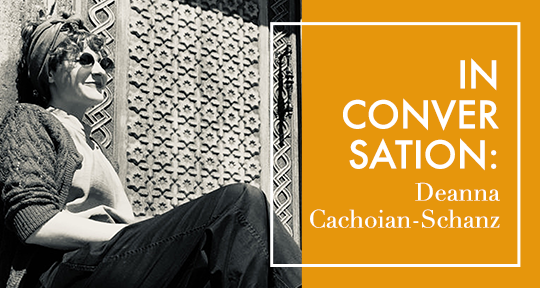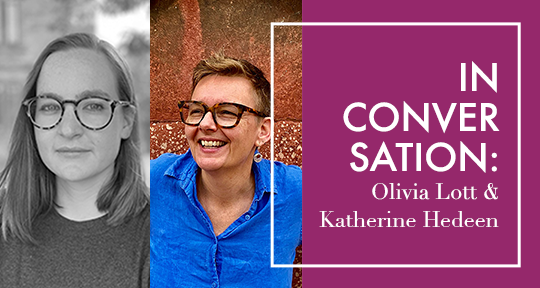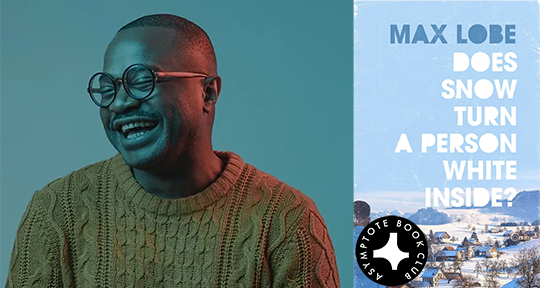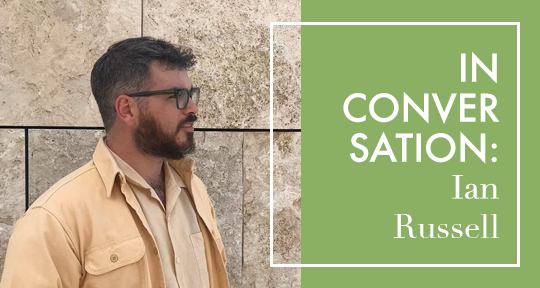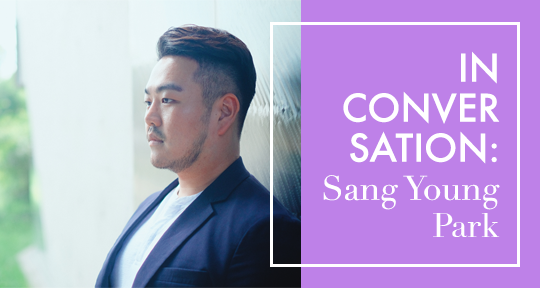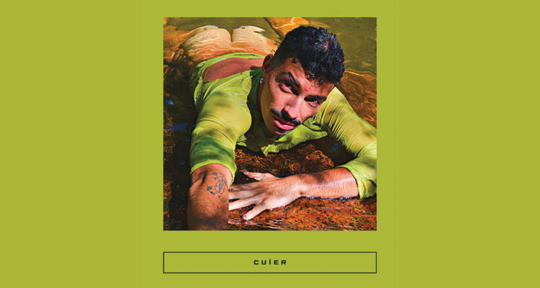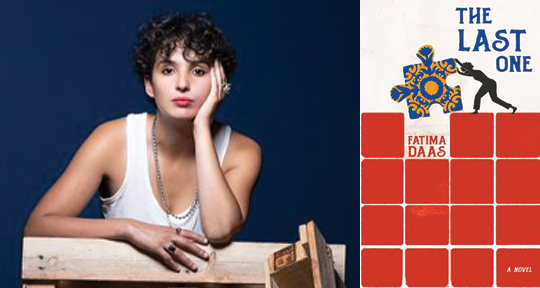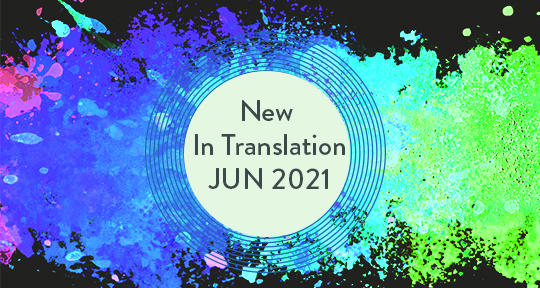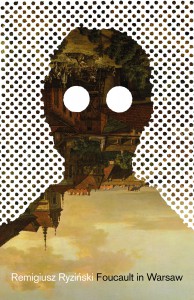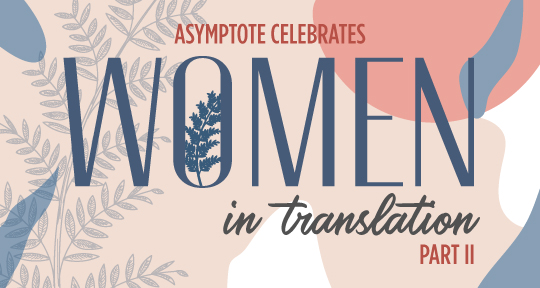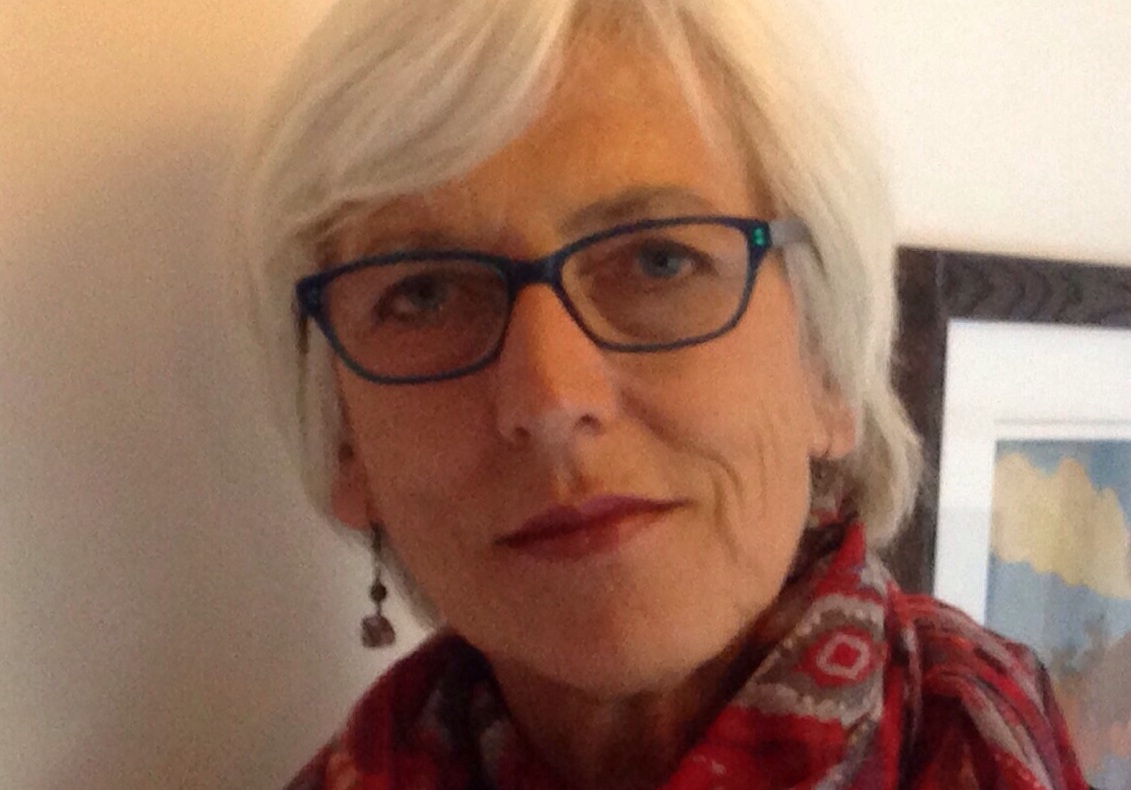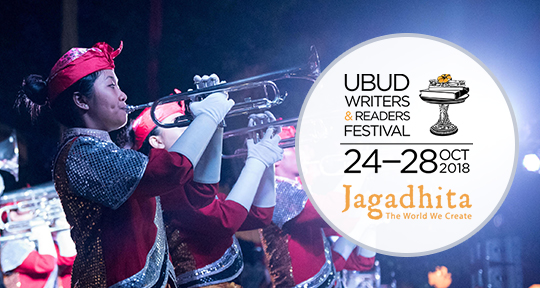Ivana Bodrožić’s latest novel, Sons, Daughters, is an astounding work of empathy and a masterful depiction of the deepest inwardness, tracing the always-shifting definitions of what we can and cannot say to one another. With three individuals at its center—a paralyzed but completely aware young woman, a transgender son, and a mother who has been irrevocably marked by the cruelties of patriarchal society—Bodrožić arranges the various storylines in a delicate and constellating balance, showing how singular truths in one’s own life can come to be mirrored in another, seemingly opposite, existence. Translated with precise lyricism by Ellen Elias-Bursać, Sons, Daughters is due out from Seven Stories Press in March, and we were proud to feature an especially moving excerpt in our Winter 2024 issue. Now, in this following interview, translator and author speak to one another about the psychological labyrinths inlaid throughout this narrative, and the writer’s role in bringing invisible consciousnesses to the forefront.
Ellen Elias-Bursać (EEB): Sons, Daughters examines the inner lives of three protagonists: Lucija, Dorian, and Lucija’s mother—all on a profoundly intimate and personal level. What was it like for you to create the dynamics of this very internal narrative, and how did the process compare to your other novels: Hotel Tito or We Trade Our Night for Someone Else’s Day?
Ivana Bodrožić (IB): I certainly spent more time researching for this novel than I did for my other works of prose. I have no personal experience with physical paralysis; I haven’t felt the sort of bodily dissonance I describe in the novel, nor can I know what it is like to be a sixty-year-old woman who was abused as a child in ways that were, at the time, socially acceptable. In order to create my characters and give them the necessary credibility and life, I spent a great deal of time reading, talking, and researching about all these things which have not been part of my own experience. But more important than research is to write from who you are—to draw on your own feelings. Indeed, I have, often, in my own life, felt paralysed, powerless to move, though only at a metaphysical level. Similarly, when I was growing up, I felt bad, wrong and uncomfortable in my body, stricken with shame and guilt that also stem from the patriarchy. And finally, there were times when I felt—and still feel—as though my life were flying before my very eyes, as if everything has already happened, as if the scars from my trauma and pain cannot be erased and I am passing them on to my children. These are authentic experiences which are crucial to my ability to write fiction, as well as to my attempts to feel my way in, empathize with, and hold deep respect for the themes I’m writing about; they matter much more than my research of facts. READ MORE…


